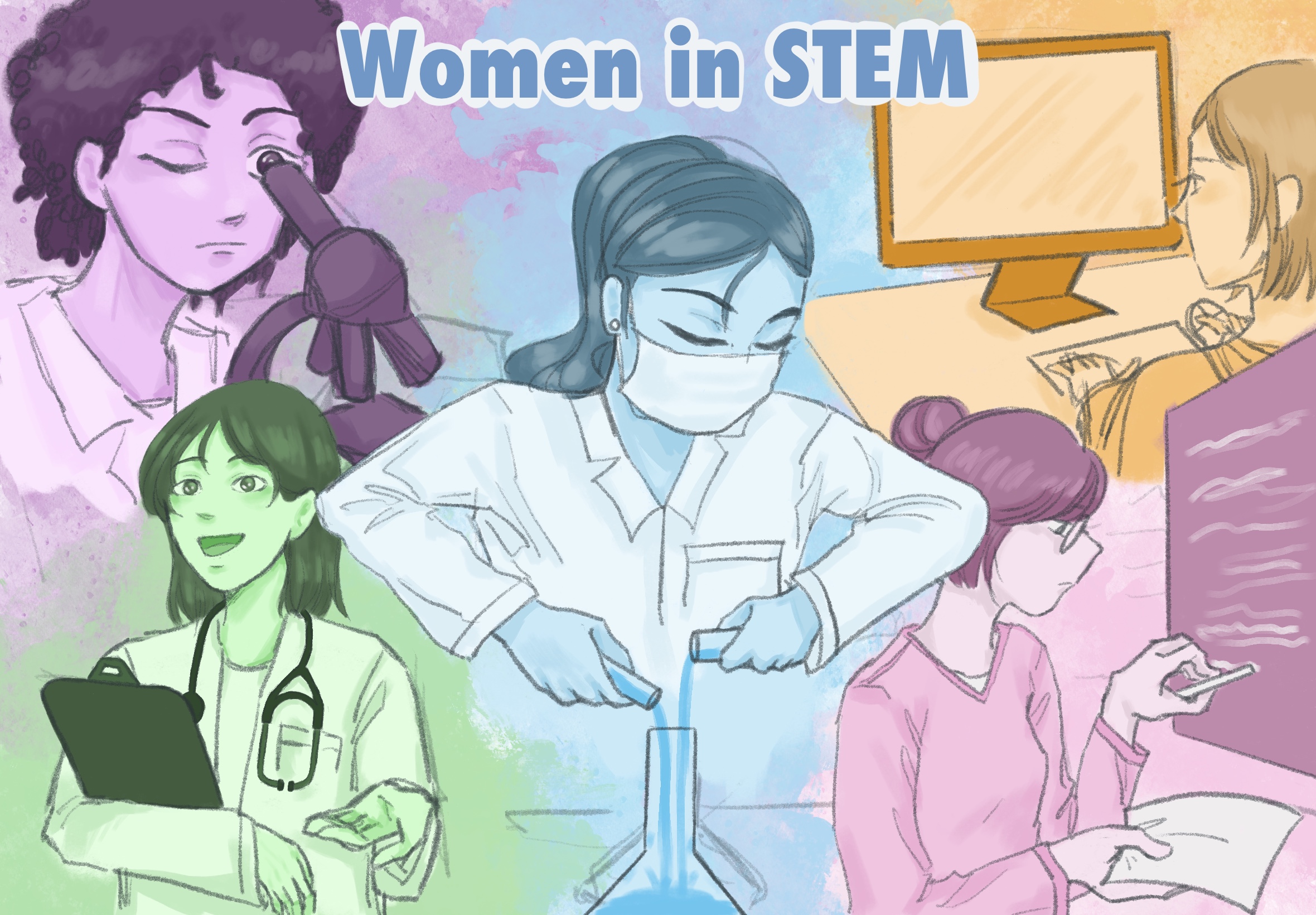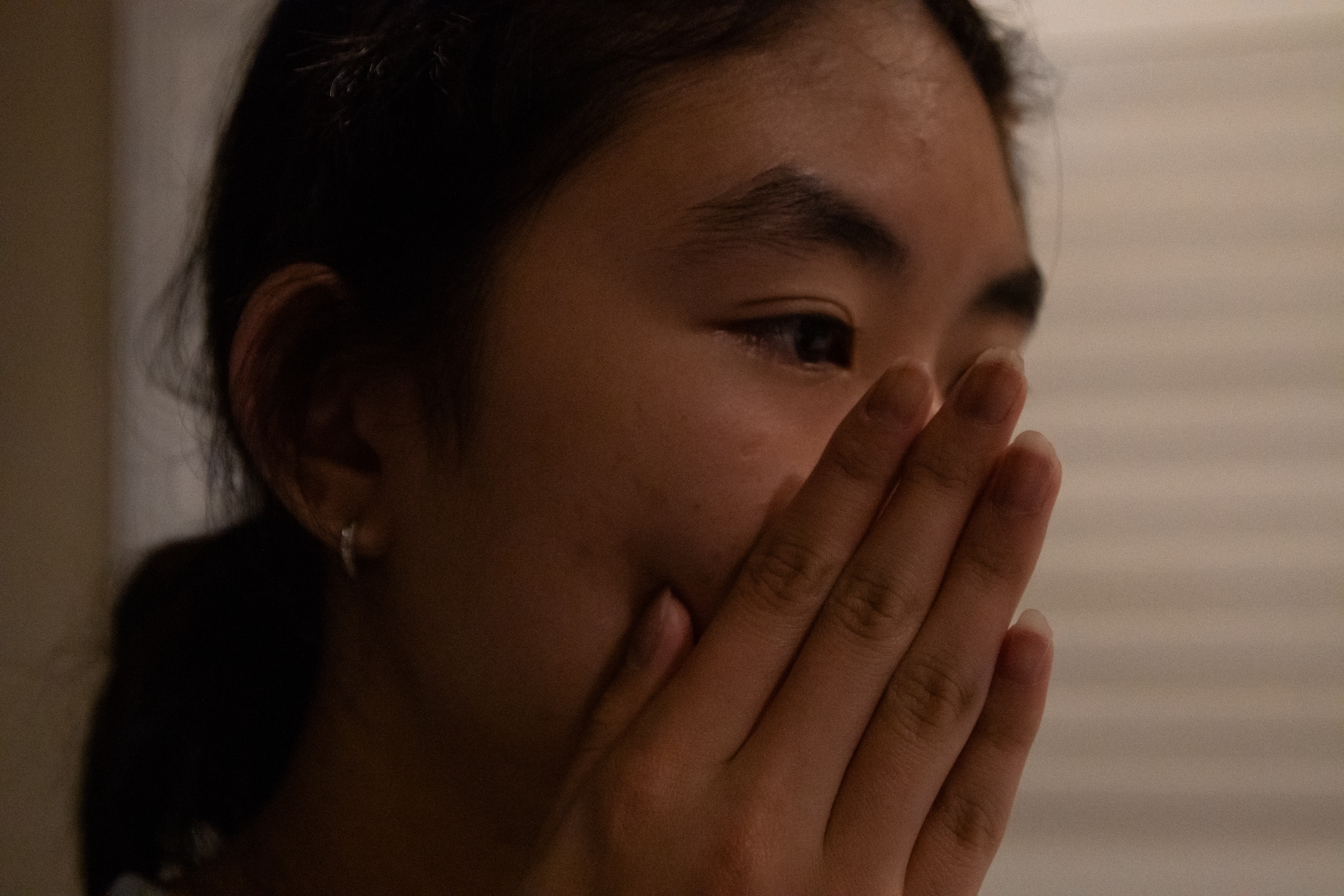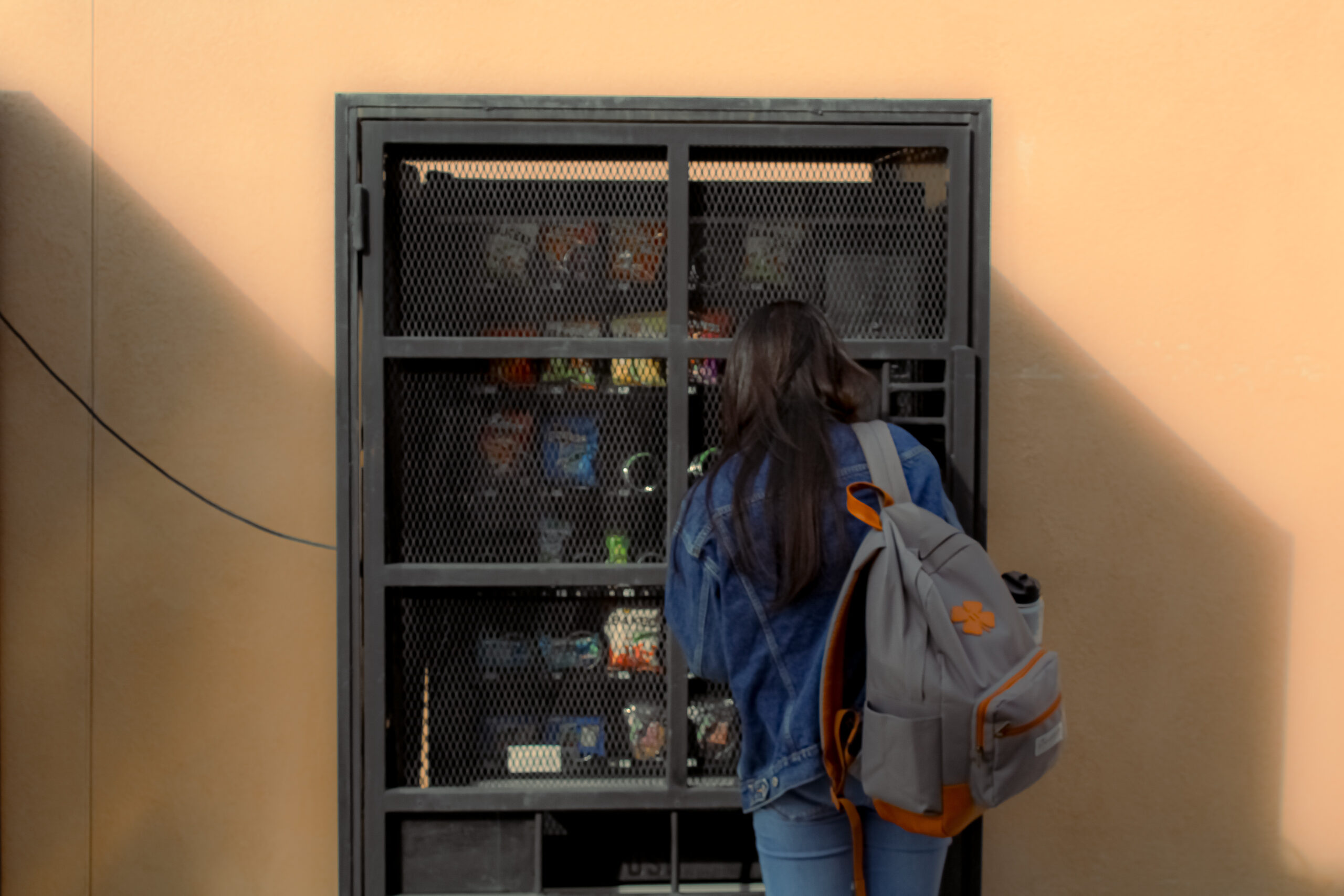
By Karen Phan, Staff Writer
Sometimes it’s good to put yourself out there and be critiqued so you can better yourself in the future. Peer reviewing does exactly that for students and more, which is why teachers should always implement peer reviewing in their classrooms when possible.
Peer reviewing typically includes a rubric created by the teacher, as well as additional comments from the reviewer if needed. This system of feedback isn’t foolproof, but it provides students with many benefits that overshadow all of its flaws.
An obvious advantage to peer reviewing is the many opinions that are brought to the table. A teacher can only give so much feedback, and when there’s over 100 assignments to grade, it’s unlikely they will spend an extensive amount of time giving advice to each student. Peer reviewing allows a student to receive diverse constructive criticism from a wider audience that a teacher alone cannot provide.
Furthermore, some of this feedback can be the best criticism we’ll get because it comes from people at our level. Often times we learn best from our peers. For example, peer reviews are common in science journals. Scientists in similar fields review each other’s work to check for validity, plagiarism and so forth. This process stimulates discussions and encourages revision, and ends with the publication of a solid paper.
And while looking for the strengths and weaknesses of another person’s work, we become self conscious of our own work. Say for instance the assignment you are reviewing is vague, so you make a note to the writer to be clear. You can’t help but instinctively go back to your writing and try to figure out if you were effective in your own communication. Peer reviewing doesn’t just benefit the people we’re reviewing, but also ourselves because it prompts us to reflect on our work. As we learn how to question and be open minded, we become critical thinkers as well.
Despite the benefits of peer reviews, they are infamous among a fair amount of the student population. Perhaps the most unnerving aspect of it is having your work judged by a peer, which tends to make one more self conscious than being judged by a superior. This fear is understandable, but it’s something we all need to get over. Openness to feedback is critical to improvement, and an inability to acknowledge and accept constructive criticism is a tragic downfall.
Most students also dislike peer reviewing because they receive sugar coated feedback or harsh criticism that doesn’t seem to help improve the quality of their work. As aforementioned, providing solid feedback strengthens your editing skills that can be applied to your work. If you receive unhelpful feedback, just remember you reap what you sow, and your uncooperative peer reviewer won’t reap any benefits.
While peer reviewing may not be a perfect process, it’s more perfect than receiving feedback from just the instructor. Students don’t merely get constructive feedback that helps them improve their work, but also gain the practice of editing and foster their critical thinking skills. The benefits of peer reviewing are impressive, therefore peer reviewing should be done often for the sake of the students.
To read what Fountain Valley High School students have to say about peer reviewing, click here.





